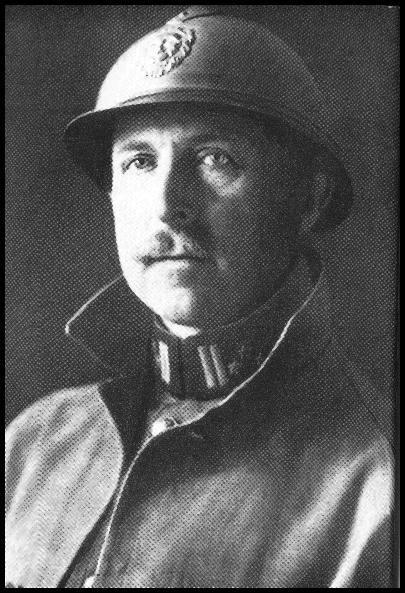|
|
|
Belgian neutrality | Liege | Retreat to the Gete | The Terror | Antwerp | The Yser | Summary

It was said by the King’s biographer Emile Cammaerts in 1935 that Albert’s life was so intimately bound up with the Belgian nation that his biography was also the history of the country in the 20th Century.
Albert was the son of Philip, second son of the Belgian King Leopold I, and Princess Marie of Hohenzollern. His mother came from the Roman Catholic side of the house of Hohenzollern, rather then the reigning Protestant side, but nonetheless this made Albert, in the tangled web of European royal dynasties, a relative of Kaiser Wilhelm II.
He received a military education, and in so doing came into contact with many men who were to play an important part in his life. Colonel, later General, Leman was among his teachers. So was Lieutenant Francquie, who as head of the Comite d’Alimentation, played a major part in feeding the enslaved Belgian population during the German occupation of 1914-18.
The Belgian Constitution imposed heavy demands on its King: the preservation of the country’s independence and the supreme command of its army. Albert took these future duties very seriously as a young man, and won the affection of the Belgian people in doing so.
In 1892, Prince Albert joined the Regiment of Grenadiers, who only recruited the tallest men in the country. He was indeed a very tall man - very noticeable in the photographs of him.
Despite his years of military education and training, his principal interest was the economic development of Belgium. He delighted in mechanics, and followed all of the latest engineering developments. He felt that the condition of industrial workers needed serious improvement, and worked hard and charitably at ensuring that this was done.
In 1900, he married Princess Elisabeth, Duchess of Bavaria. The couple had three children: Leopold (1901), Charles (1903) and Marie-Jose (1906). Albert accessed to the throne on December 23rd, 1909. There is no formal coronation ceremony in Belgium. The heir-apparent becomes King after taking a solemn oath required by the Constitution.
Despite the brilliance of the ceremonies, Albert retained an extraordinary air of gravity. It was thought at the time that the extra weight of responsibility was on his mind, and this may well have been true, for there was every reason to worry. The reconciliation of Britain and Russia had finally divided the guarantors of Belgian neutrality into two camps. The German danger was increasing. The recent military reform was totally inadequate, and Belgium was prey to social and political dissension.
Albert commanded the Belgian army throughout the war, despite constant requests from the French and British to hand it over to them. He paid regular visits to the front line, and was closer to the ordinary soldier than any of the other commanders-in-chief. In return, he was held in great regard. His wife worked tirelessly as a nurse.

Albert died in 1934 as a result of an accident.
Belgian neutrality | Liege | Retreat to the Gete | The Terror | Antwerp | The Yser | Summary